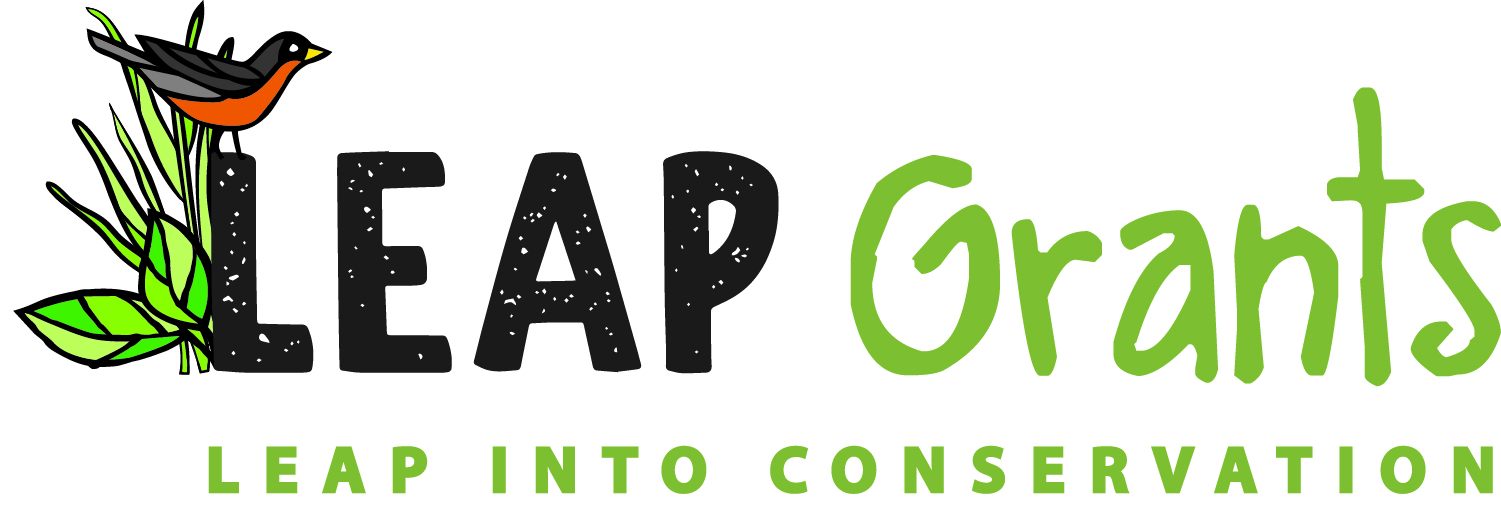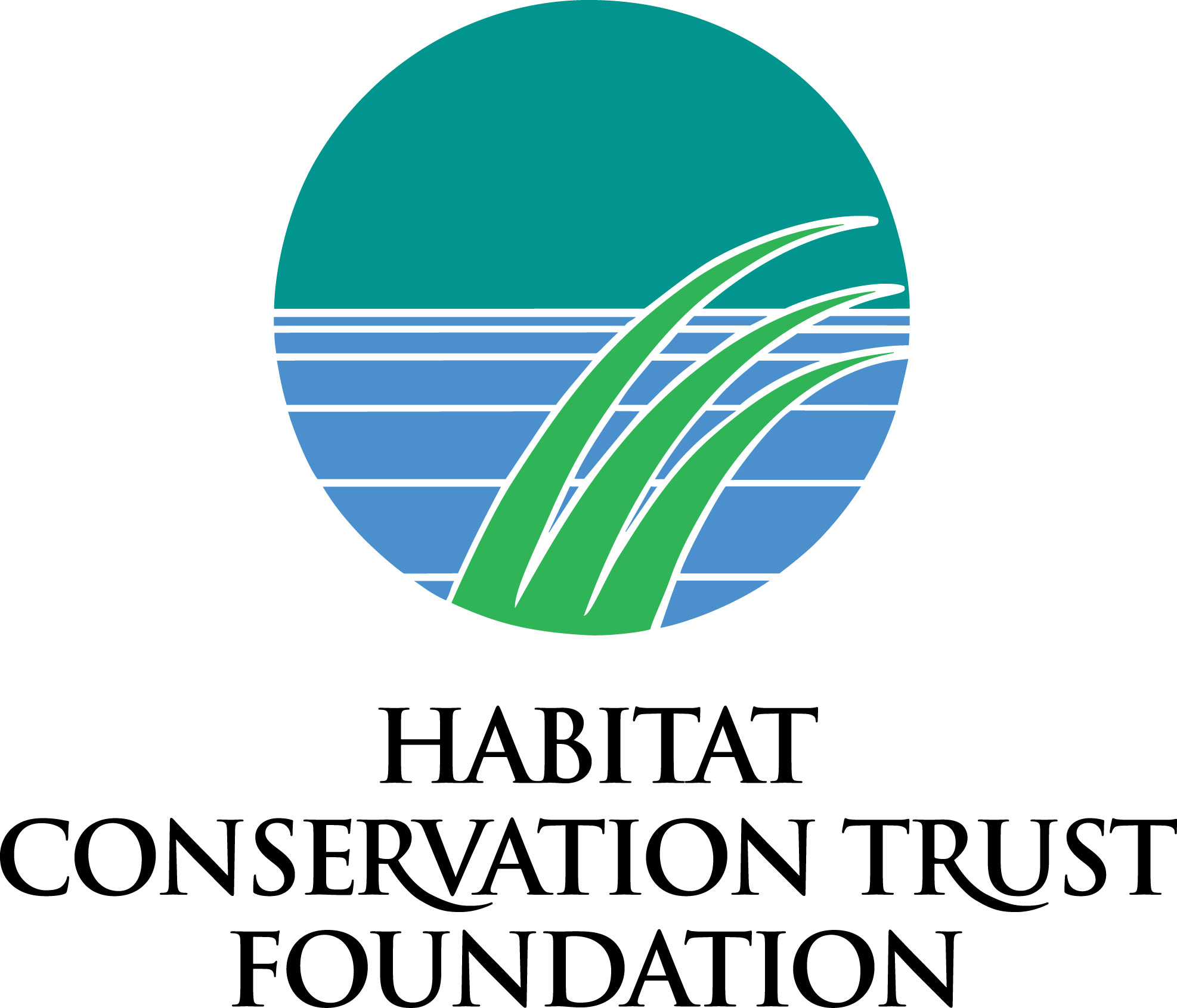LEAP Grants

LEAP Grants or Leadership Environmental Action Projects (LEAP) grants for B.C middle and high schools to support student learning and experiences in conservation and stewardship of British Columbia’s biodiversity. LEAP into conservation with your high school science students
through place-based learning projects that focus on B.C.’s biodiversity.
LEAP grants integrate:
• Leadership: highlights careers in conservation and stewardship and includes student leadership and mentoring opportunities in achieving the project. Examples: mentoring or working with younger students in the district, communicating about their project, initiating school sustainability projects, gathering data; conducting community education; hosting community events; creating a video about a local concern or issue.
• Environmental: focusing on or supporting / enhancing a B.C. biodiversity topic or issue and a place-based action project. This could cover parts of science, environmental science or
specialty science course.
• Action: includes at least three “outdoor” environmental experiences that support the project’s inquiry and involves community and conservation professionals (organizations,
biologists and other science specialists) so that students develop environmental field-skills and / or are doing real-world science.
• Project: made up of goals, methods (doing), rationale, expenses, and expected outcomes; develops from an inquiry question (full grant) or develops an inquiry question for a future year from an exploration (starting grant); describes the relationship of the project and the curriculum’s big ideas and links competencies for learning with the methods to complete the project.
LEAP Grants criteria
- Support an inquiry of a B.C. biodiversity topic or issue.
- Focus on a conservation or stewardship place-based project.
- Engage or partner with a community group, stewardship group, professional biologist and or other science professional.
- Provide students with real-world science and or field-based skills e.g. analyzing data; writing a short report; problem solving; designing an experiment; etc.
- Provide students with at least 3 outdoor field experiences in nature.
- Communicate about the project with others.
- Highlight career(s) in conservation or environmental science.
- Demonstrate student leadership in environmental learning e.g. mentoring or working with younger students in the district, communicating about their project, initiate
school sustainability projects, engagement in data gathering; community education; hosting community event; creating a video about a local concern or issue.
Eligible items for grants:
- Transportation costs for field trips.
- Field equipment for project work.
- Field leaders for training sessions or mentoring with projects.
- TOC costs and or time to support teachers in planning and preparing for projects.
- Training sessions or certification workshops for teachers and students in science protocols or practices e.g. Stream Keepers, Wetland Keepers, etc.
Grant amounts: up to $5000
Deadline: May 15th
